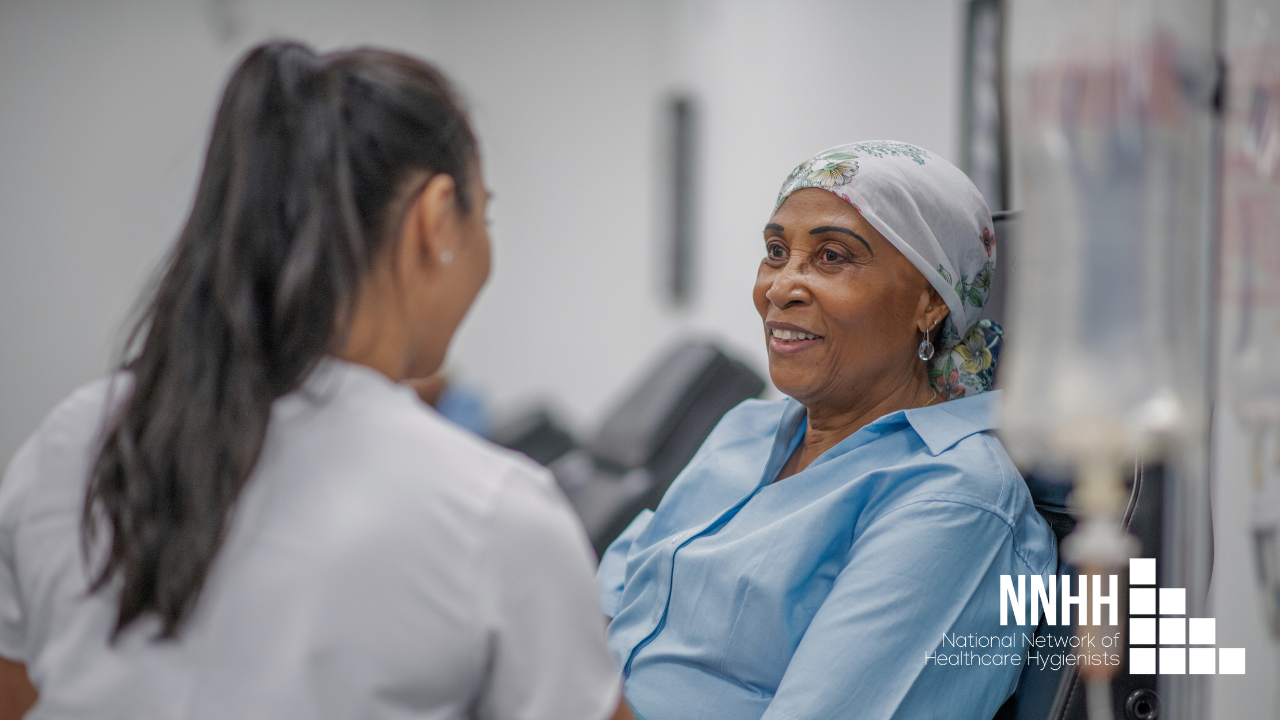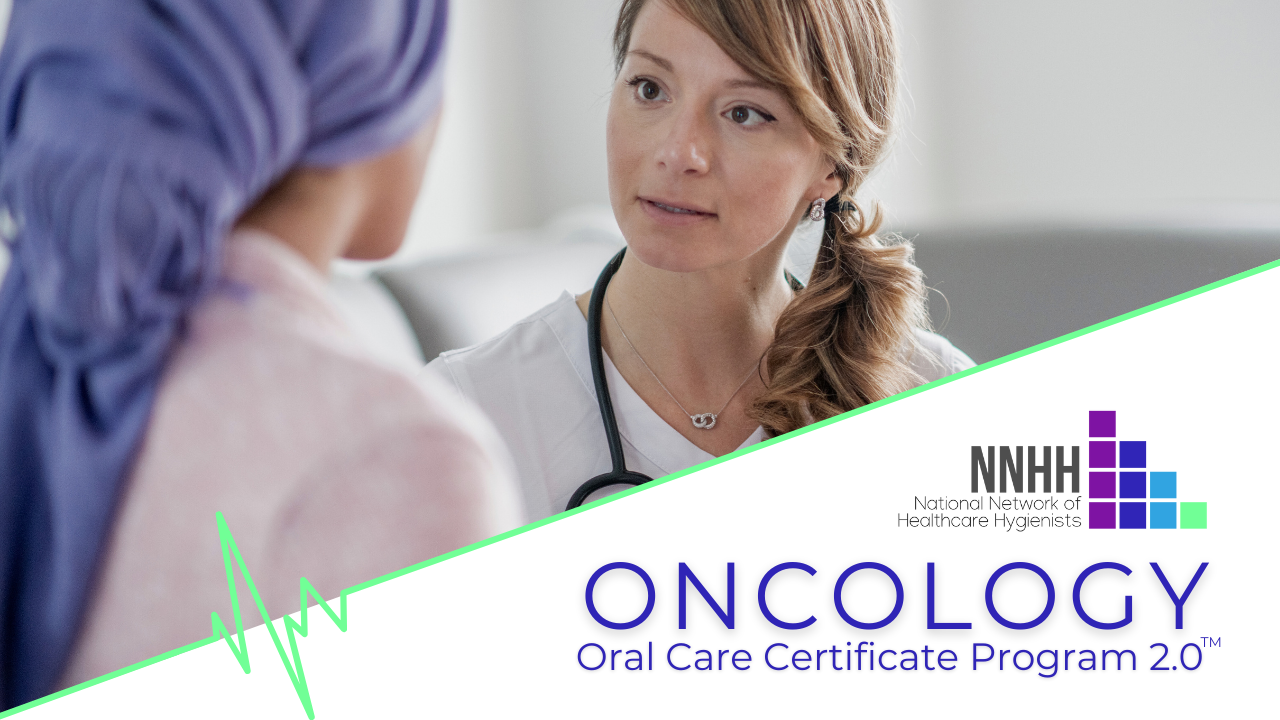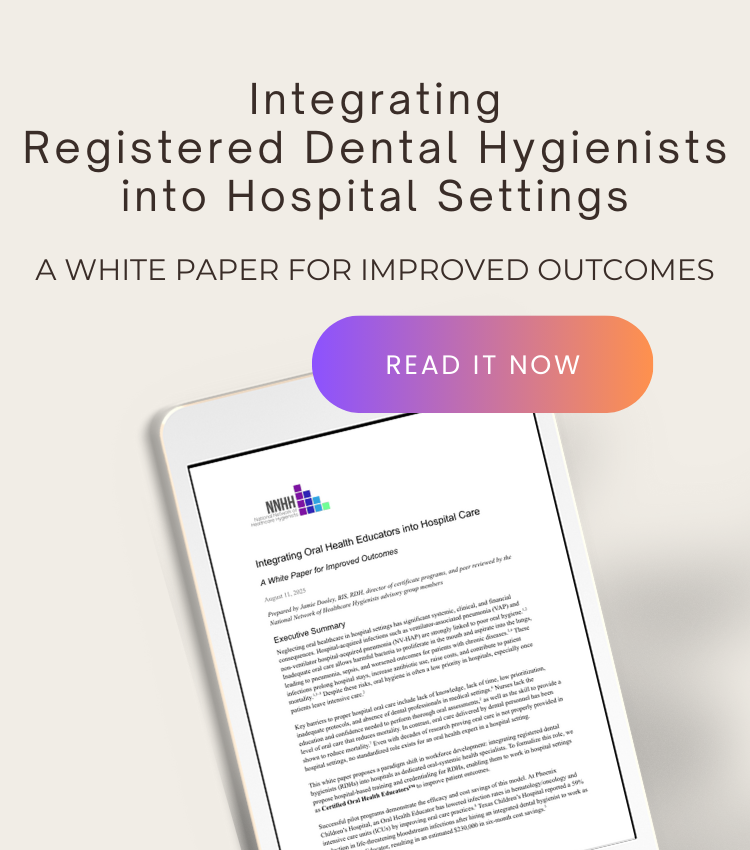
Why Dental Hygiene Educators Must Integrate Oncology Care into Their Curriculum
Jul 17, 2025As cancer diagnoses continue to rise globally, dental hygienists are increasingly encountering patients affected by cancer and its treatments. Yet, most dental hygiene programs still lack comprehensive education in oncology care. For educators shaping the next generation of hygienists, this presents both a challenge and an opportunity.
The Oral-Systemic Impact of Cancer Treatment
Cancer therapies—such as chemotherapy, radiation, and immunotherapy—can severely affect oral health. From mucositis and xerostomia to increased risk of infection and compromised healing, the oral side effects of cancer treatment are complex and often debilitating. Dental hygienists are uniquely positioned to mitigate these effects through early detection, preventive care, and patient education. But to do this effectively, they must be trained in oncology-specific protocols.
Bridging the Gap in Dental Hygiene Education
Historically, oncology care has been considered a specialty topic reserved for advanced practice or postgraduate education. However, the need for this knowledge at the entry-level is now undeniable. Dental hygienists are on the front lines of patient care, often seeing patients before, during, and after cancer treatment. Incorporating oncology modules into core curriculum not only better prepares students for clinical realities but also enhances their confidence, compassion, and clinical decision-making.
"As an educator in a dental hygiene program, I felt oncology care was a missing piece of the patient care puzzle. I plan to incorporate what I learned in the Oncology Certificate Program for RDHs into our curriculum!"
Angie Marshall-Reech MEd, BSDH, RDH, CH-ONC
Enhancing Interprofessional Collaboration
An understanding of oncology care fosters stronger collaboration between dental and medical teams. Educated hygienists can confidently communicate with oncologists, understand treatment plans, and adjust oral care recommendations accordingly. This interprofessional approach leads to better outcomes, less patient discomfort, and improved overall quality of care.
Empowering Students for Expanded Roles
As healthcare evolves, dental hygienists are taking on more proactive and interdisciplinary roles. By integrating oncology care into the curriculum, educators prepare students for expanded scopes of practice, including working in hospitals, cancer centers, and public health programs. This education empowers graduates to be leaders in oral-systemic health and advocates for vulnerable populations.
Conclusion: Educators as Catalysts for Change
Dental hygiene educators have a powerful influence on the direction of the profession. By embedding oncology knowledge into the curriculum, they ensure that graduates are not only clinically competent but also capable of providing compassionate, evidence-based care to patients with cancer. It’s not just about adding content—it’s about raising the standard of care and fulfilling the ethical responsibility to meet patients’ complex needs.






